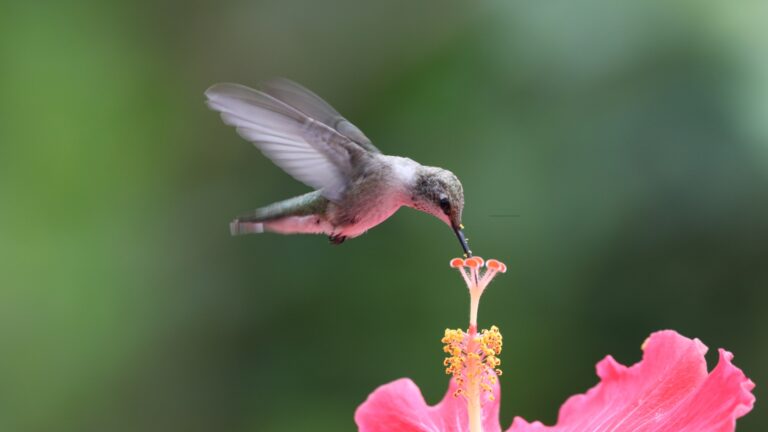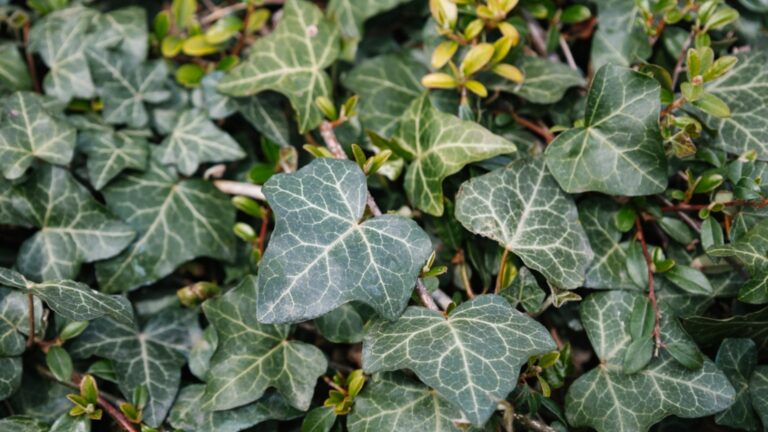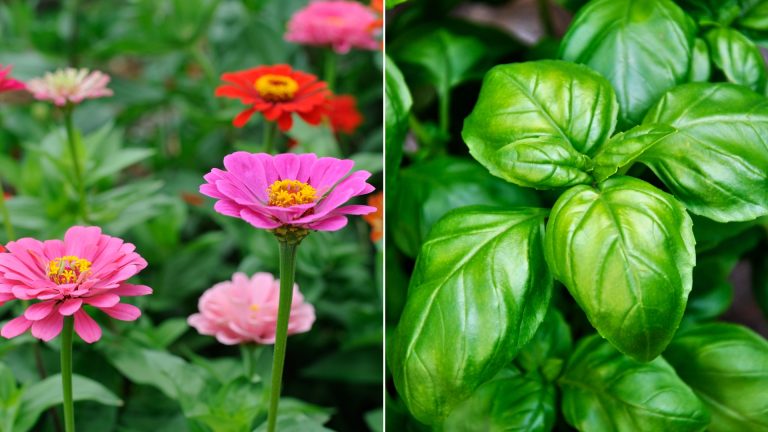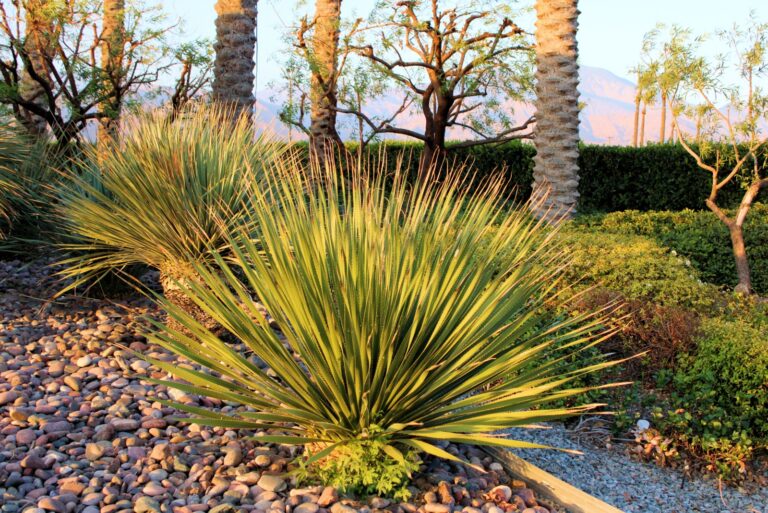Charlotte Gardeners Save Water With Living Mulch Of Native Clover Mix
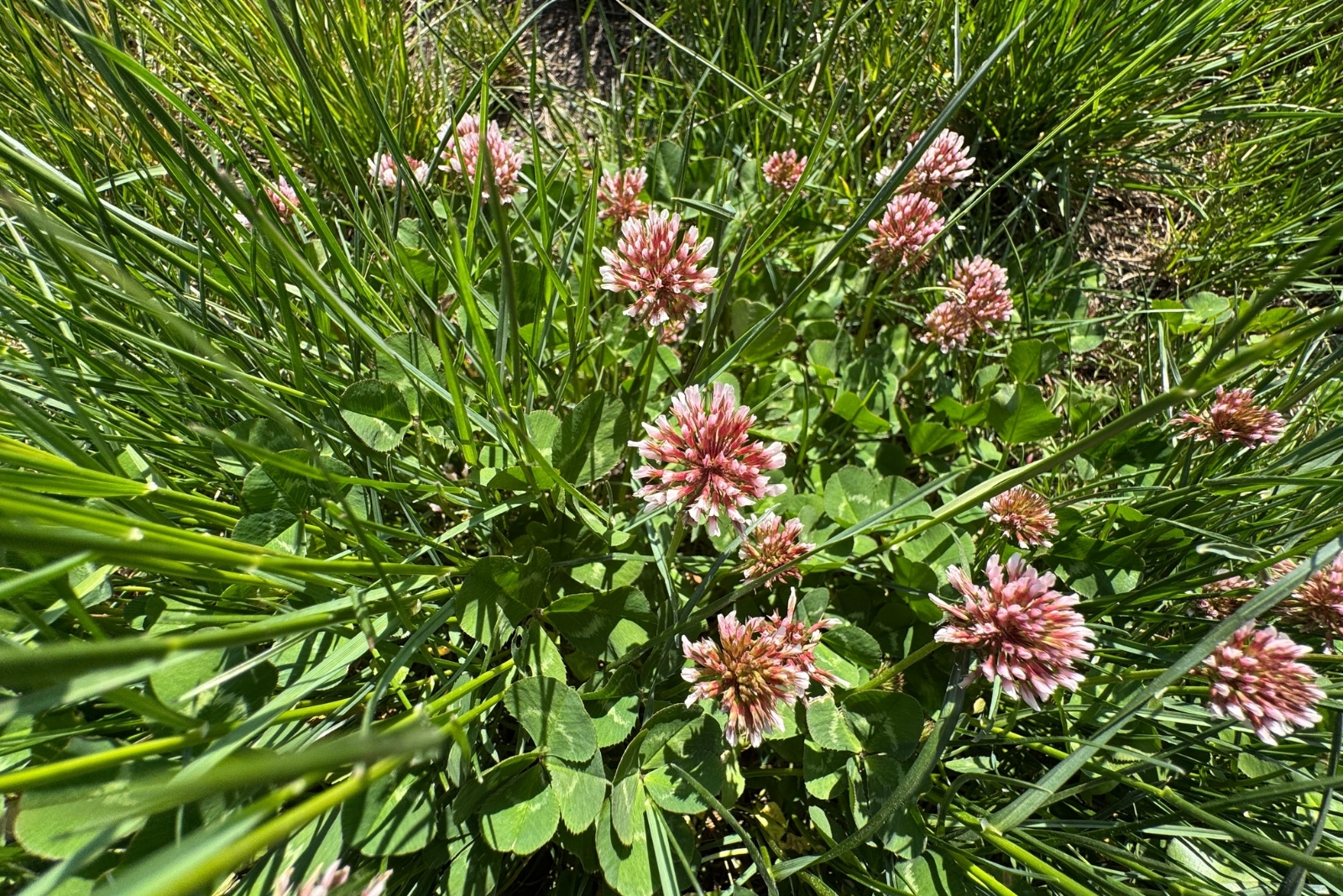
Charlotte gardeners are finding a clever way to keep their gardens lush while using less water. By planting a living mulch made of native clover mix, they create a soft, green carpet that nourishes the soil and protects it from drying out.
This low-maintenance approach keeps weeds at bay and supports local pollinators buzzing through the blooms. It’s a simple, eco-friendly trick that makes the garden healthier and more vibrant.
With each patch of clover, the garden thrives naturally while conserving precious water.
1. Natural Moisture Retention
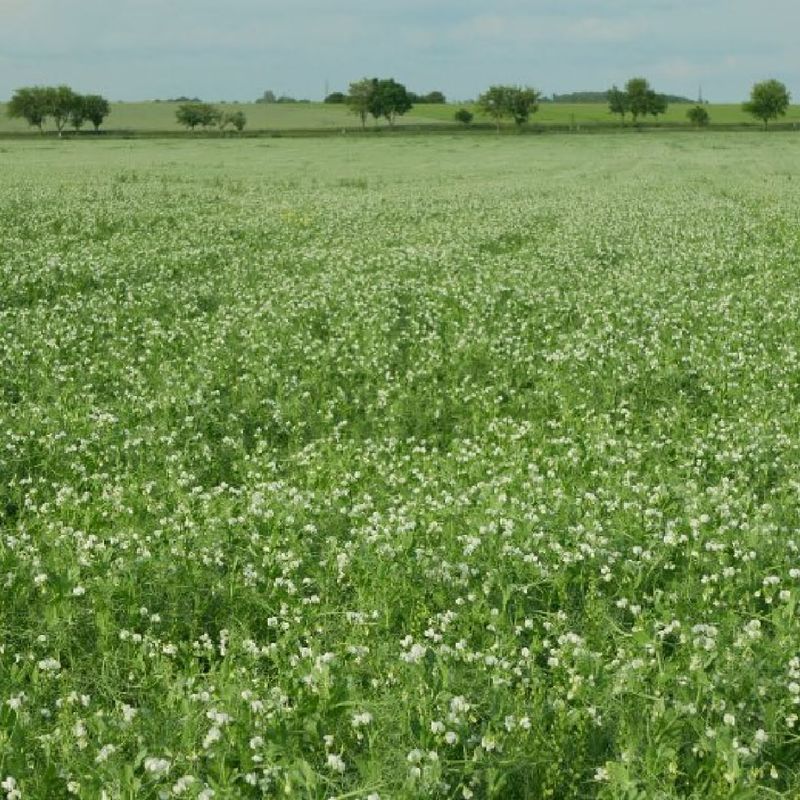
Clover’s dense root system acts like a sponge in Charlotte’s clay soils. The tiny roots create channels that allow rainwater to penetrate deeper instead of running off.
North Carolina gardeners report up to 30% less watering needed when clover covers bare soil between plants. The living green carpet maintains soil moisture even during those brutal July heatwaves.
2. Shade Creation
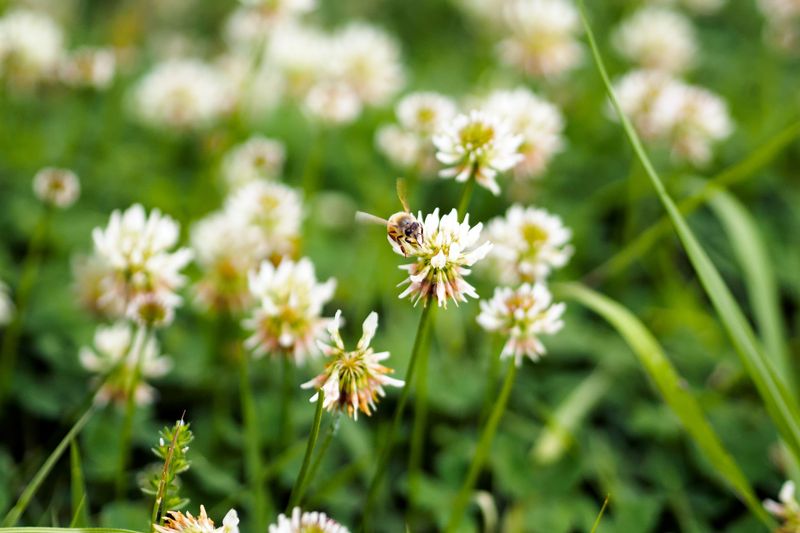
The leafy canopy of clover creates a cooling microclimate at ground level. When the Carolina sun beats down, this natural umbrella prevents rapid evaporation from the soil surface.
Many Charlotte gardeners plant clover around water-hungry vegetables like tomatoes and cucumbers. The shade effect can reduce soil temperatures by up to 10 degrees during peak summer heat.
3. Reduced Runoff
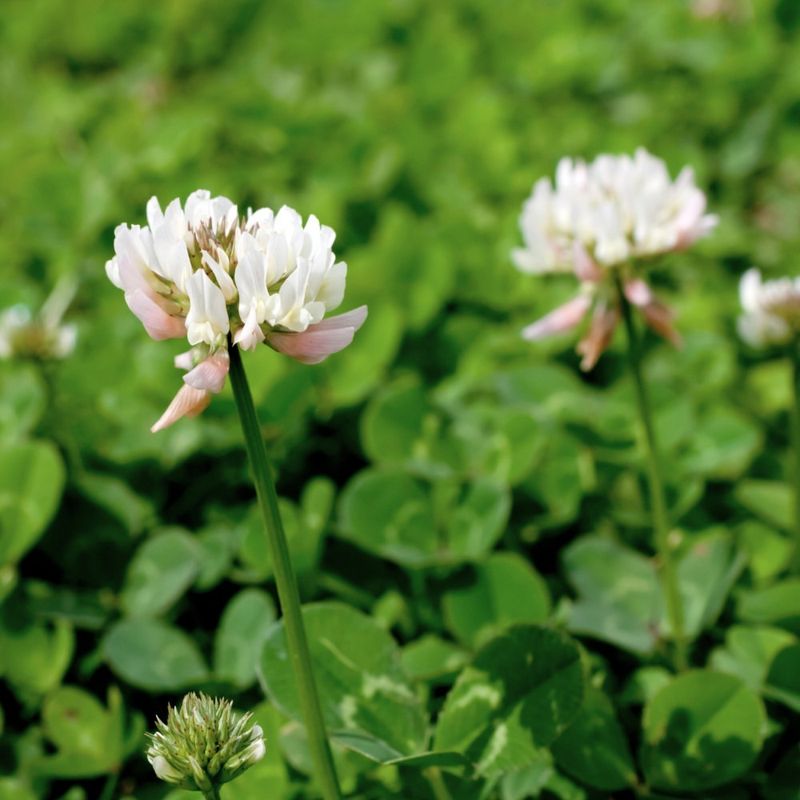
Charlotte’s summer thunderstorms often cause erosion in bare gardens. Clover’s dense network of stems slows water movement, giving it time to soak in rather than wash away.
Gardeners across North Carolina use clover on slopes where water conservation is especially challenging. The plant’s ability to capture and direct rainfall makes it perfect for areas that typically suffer from drought stress.
4. Root Zone Protection
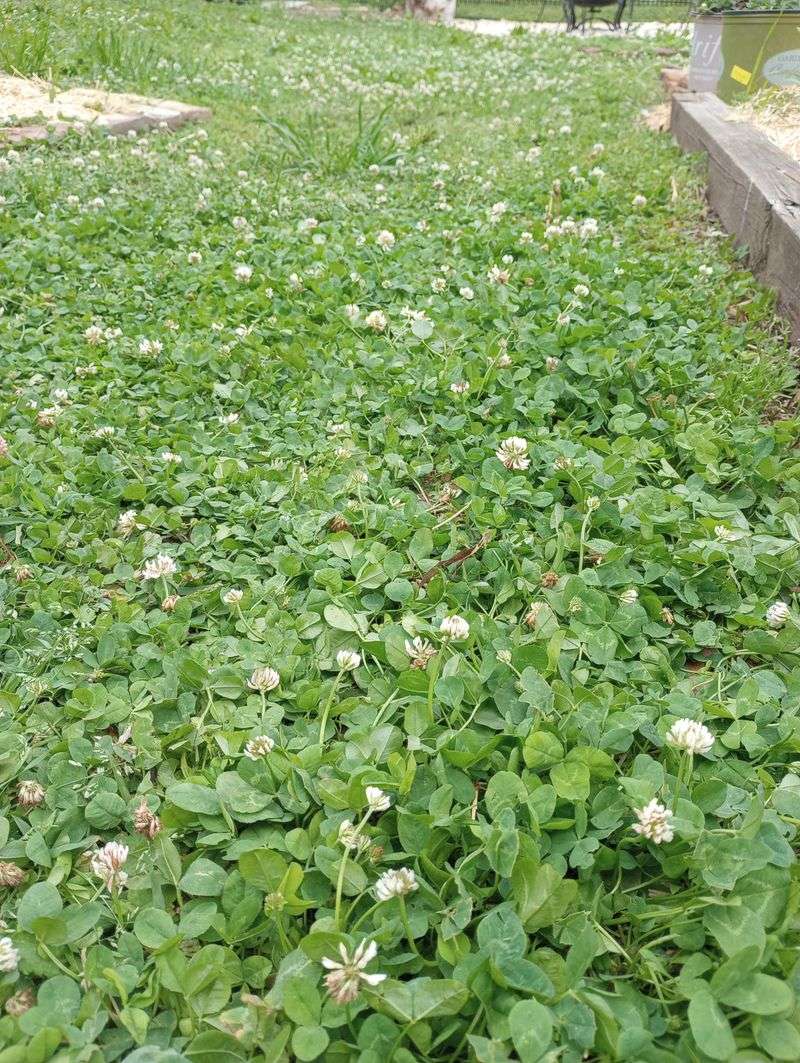
Clover creates a living insulation layer that regulates soil temperature. This protection prevents the extreme heating that damages shallow root systems and increases water demands.
Local gardeners in the Tar Heel State find their established clover patches need watering just once weekly, even in August. The temperature-moderating effect means less stress on plants and less frequent irrigation.
5. Drought Tolerance
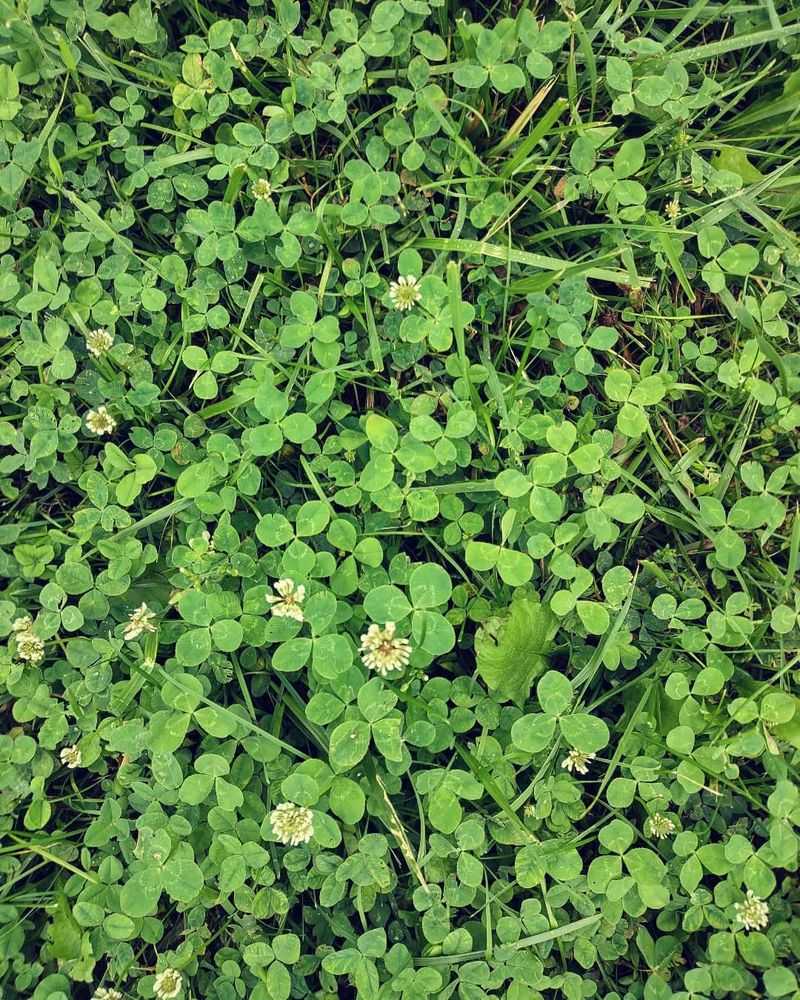
Native clovers evolved to handle North Carolina’s unpredictable rainfall patterns. Their deep taproots can access moisture far below the surface when other plants struggle.
Charlotte gardeners appreciate how clover stays green even during water restrictions. Unlike thirsty lawns that brown quickly, clover maintains its lush appearance with minimal supplemental watering.
6. Evaporation Barrier
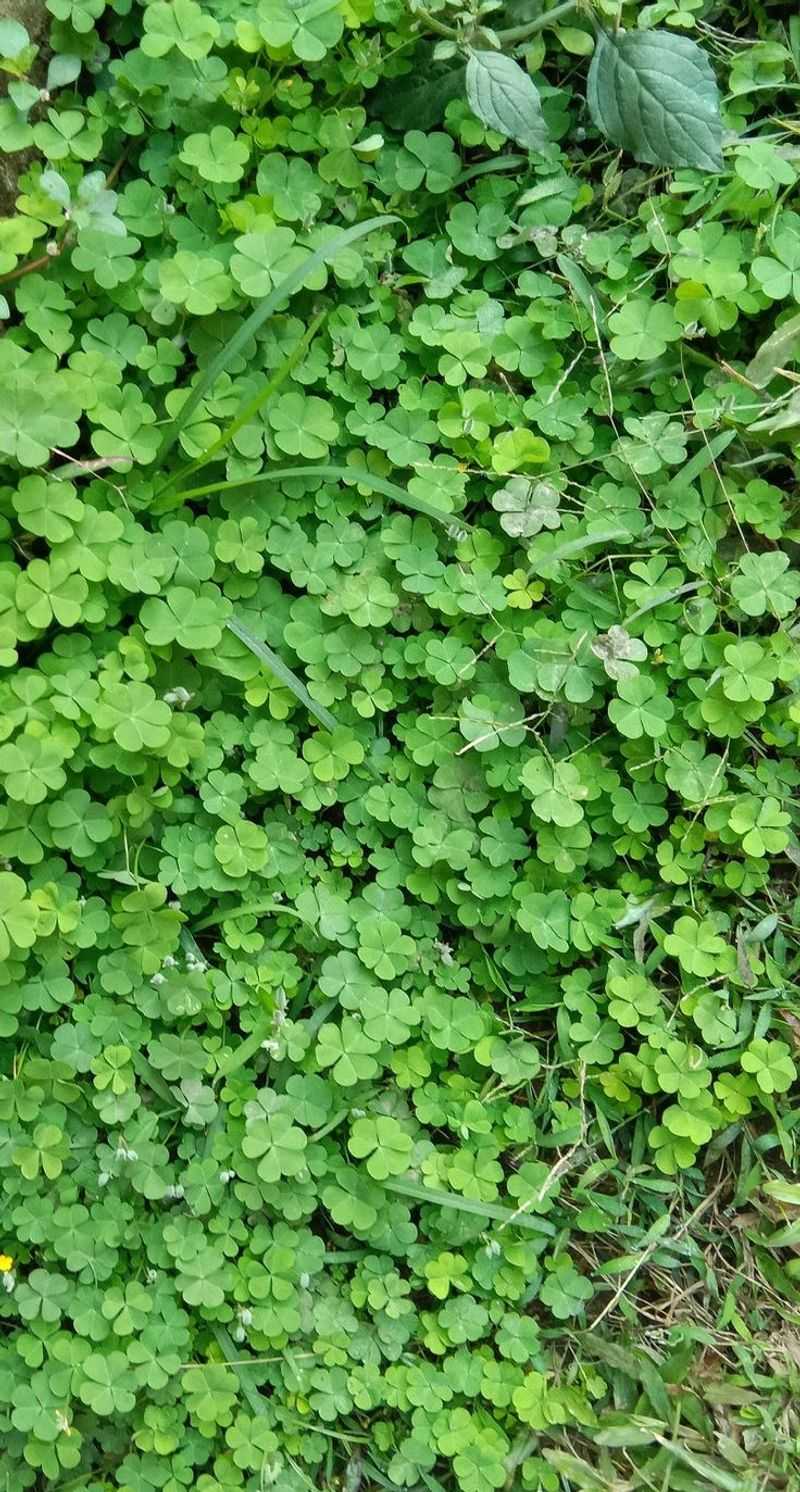
The dense mat of clover leaves forms a natural cap over the soil. This living barrier significantly reduces moisture loss through evaporation in Charlotte’s humid climate.
North Carolina garden experts recommend establishing clover in spring so it’s fully developed before summer heat arrives. The mature plants can reduce evaporative water loss by up to 70% compared to bare soil.
7. Soil Structure Improvement
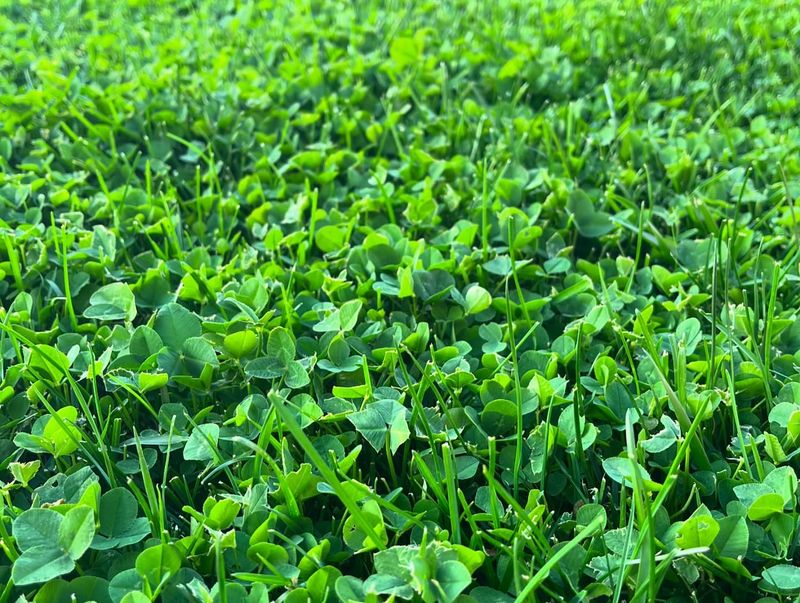
Clover’s extensive root network gradually transforms Charlotte’s notorious clay soil. The roots create channels for water to penetrate deeper, reducing the need for frequent shallow watering.
Gardeners throughout the Old North State notice improved drainage in previously problematic areas. As soil structure improves, water moves more efficiently to plant roots rather than puddling or running off.
8. Weed Suppression
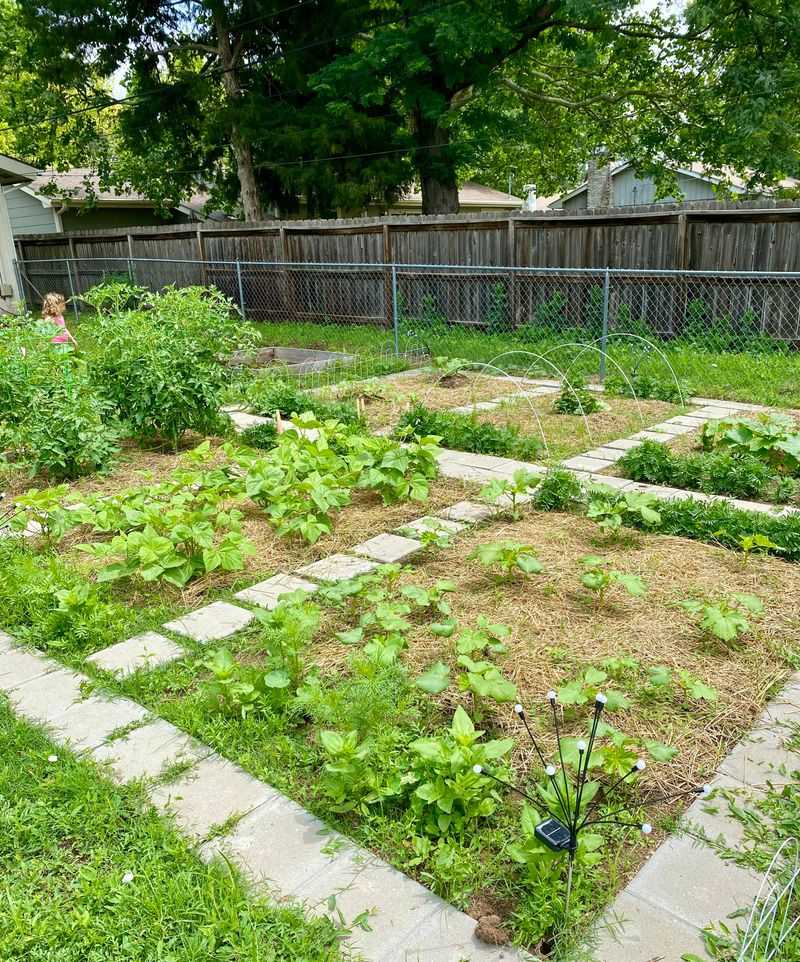
Water-hogging weeds don’t stand a chance against established clover. The dense growth outcompetes thirsty invaders that would otherwise steal moisture from garden plants.
Charlotte gardeners save countless gallons by eliminating these moisture thieves. North Carolina’s native clover varieties are particularly effective at crowding out common regional weeds without becoming invasive themselves.
9. Natural Cooling System
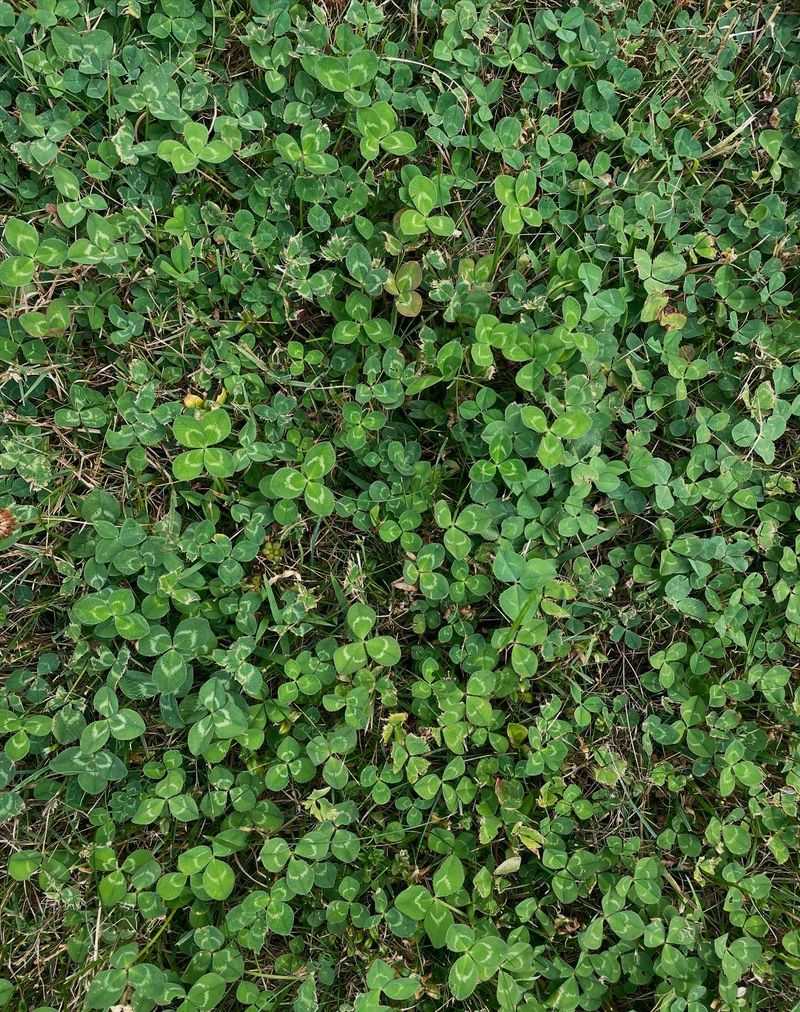
Unlike rock or bark mulch that absorbs heat, clover actively cools through transpiration. Water vapor released from clover leaves creates a refreshing microclimate around garden plants.
North Carolina gardeners measure soil temperatures up to 15 degrees cooler under clover compared to traditional mulches. This natural air conditioning reduces plant stress and water needs during Charlotte’s hottest months.
10. Year-Round Coverage
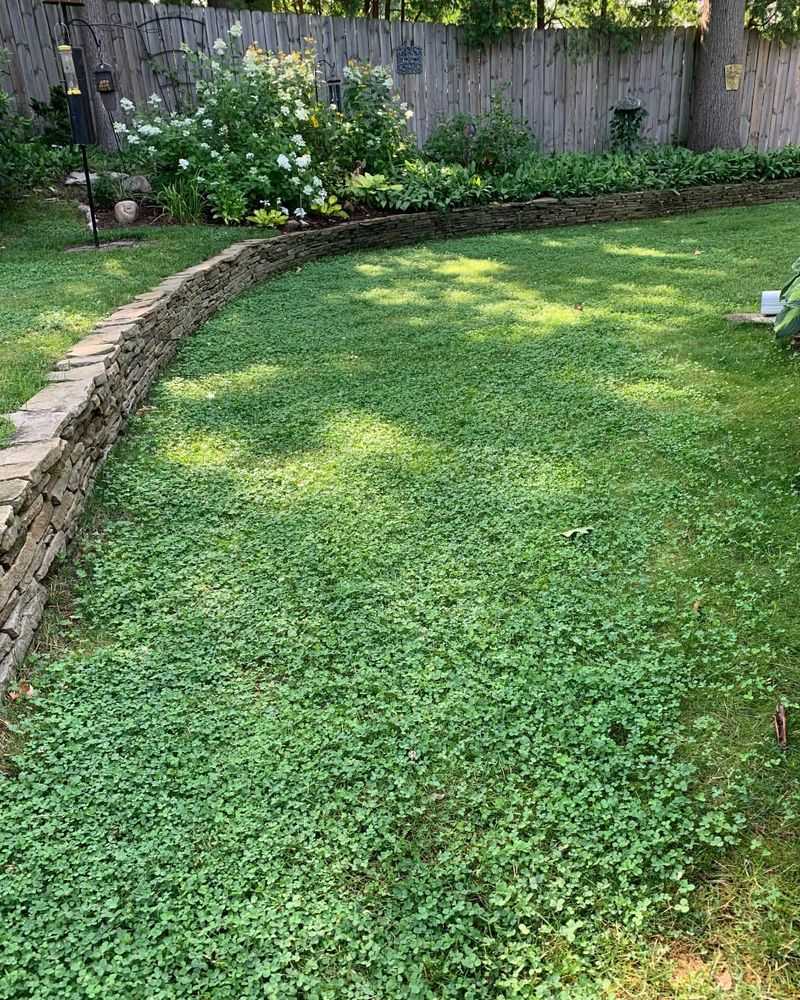
Unlike seasonal mulches that decompose, clover provides continuous soil protection. Charlotte gardeners appreciate how it maintains moisture conservation from spring through fall without needing replacement.
Many North Carolina garden enthusiasts select clover varieties that remain active during mild winter months. This persistent coverage prevents soil moisture loss even during dormant seasons when rain should be banked for summer.
11. Water-Efficient Nitrogen Fixing
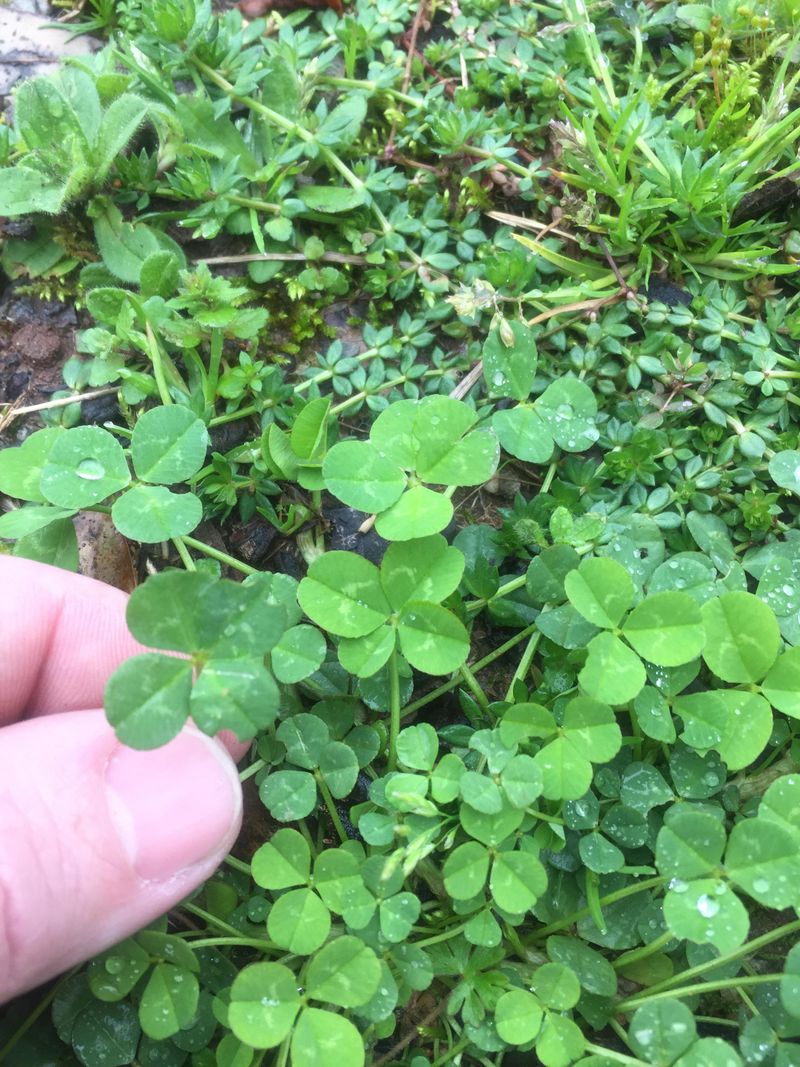
Clover’s famous nitrogen-fixing abilities eliminate the need for water-intensive fertilizing. The plants partner with bacteria to pull nitrogen from air instead of requiring resource-heavy chemical applications.
Charlotte gardeners estimate saving thousands of gallons annually by avoiding fertilizer runoff issues. North Carolina’s sustainable gardening community particularly values this water-quality protection aspect of clover cultivation.
12. Strategic Irrigation Access
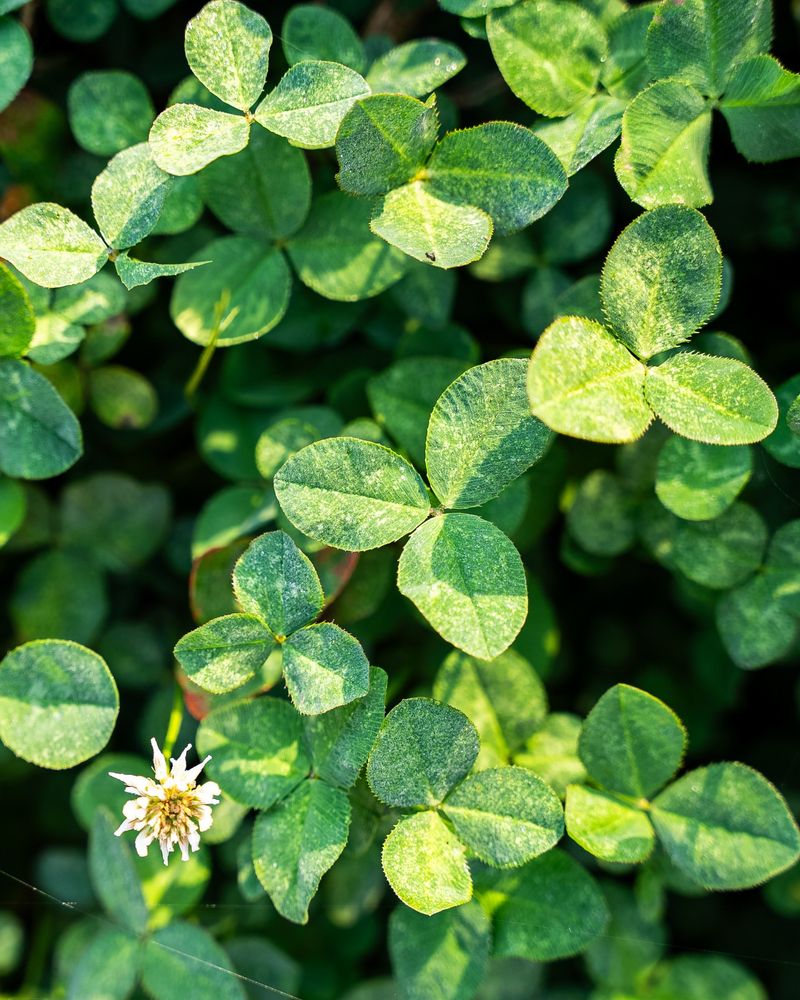
Smart Charlotte gardeners plant clover in patterns that channel limited water to high-priority plants. The living mulch can be shaped to create natural irrigation pathways that maximize efficiency.
North Carolina’s community gardens showcase how clover-lined swales direct rainwater exactly where needed. This passive water harvesting technique reduces dependence on municipal water during summer restrictions.
13. Pollinator Support System
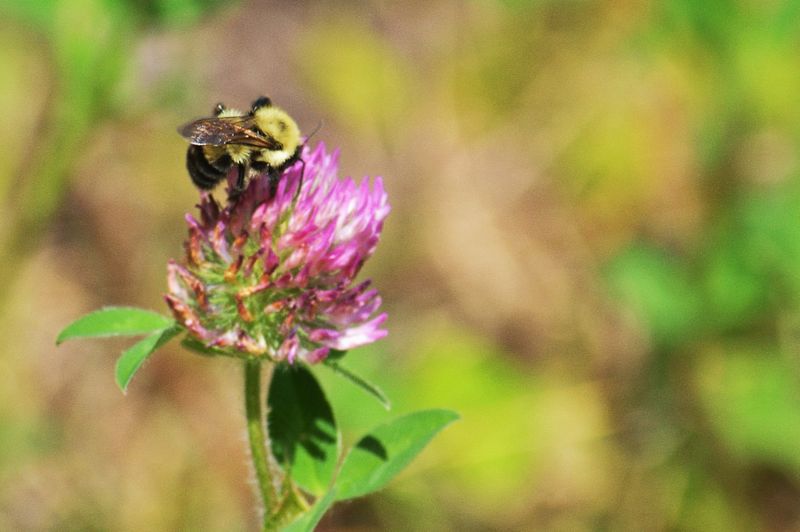
Flowering clover attracts beneficial insects that improve garden productivity. These pollinators increase fruit set while requiring zero additional water resources from the gardener.
North Carolina’s native bee populations thrive in clover-rich gardens. Charlotte gardeners report better harvests with less water when these efficient pollinators assist with vegetable and fruit production.
14. Microclimate Management
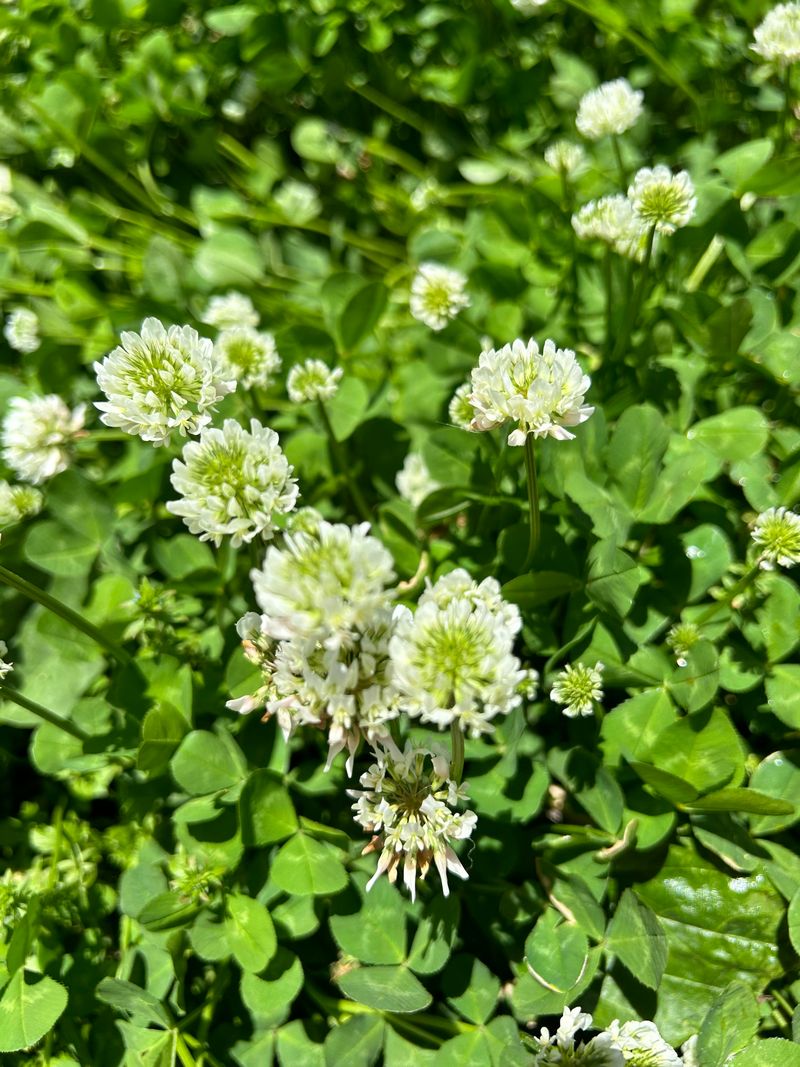
Clover creates protected pockets throughout the garden where moisture naturally concentrates. These microenvironments allow Charlotte gardeners to grow moisture-loving plants with minimal supplemental watering.
Gardeners across the Tar Heel State strategically place these microclimate zones near water-sensitive plants. The natural humidity generation reduces transplant shock and helps establish new additions with less irrigation.
15. Seasonal Adaptation
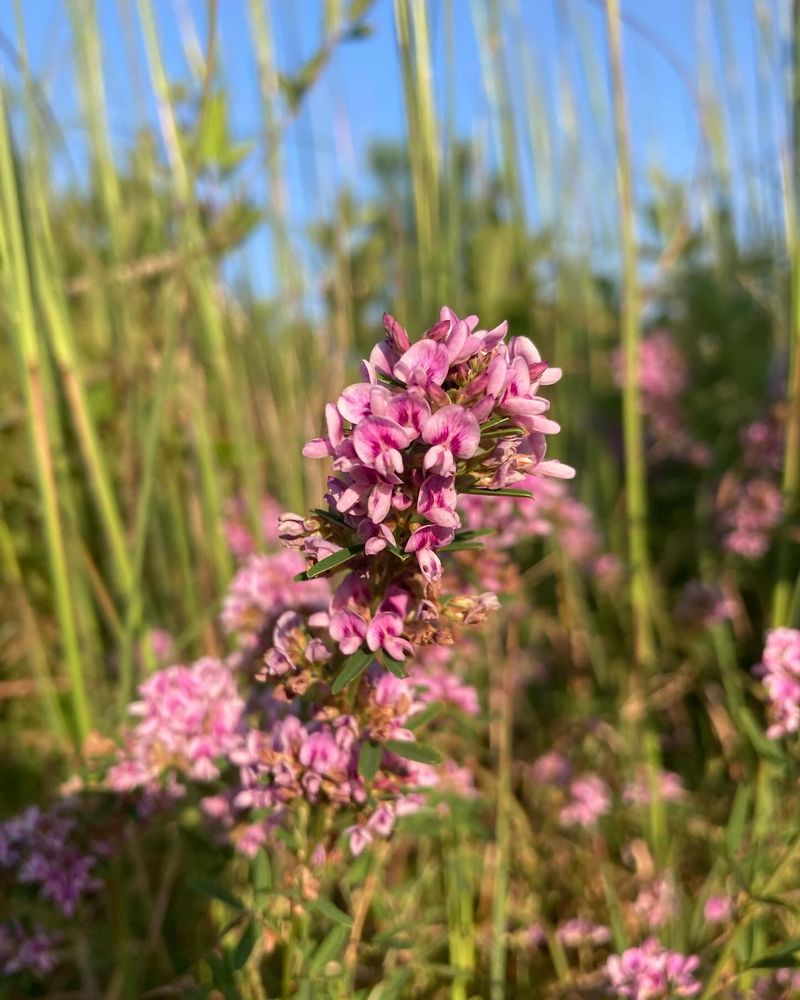
Native clover varieties naturally sync with Charlotte’s rainfall patterns. They grow vigorously during spring rains, building drought resistance for the challenging summer months ahead.
North Carolina garden experts select clover mixes specifically adapted to regional conditions. This timing advantage means gardens need less supplemental water exactly when municipal systems face peak demand.

